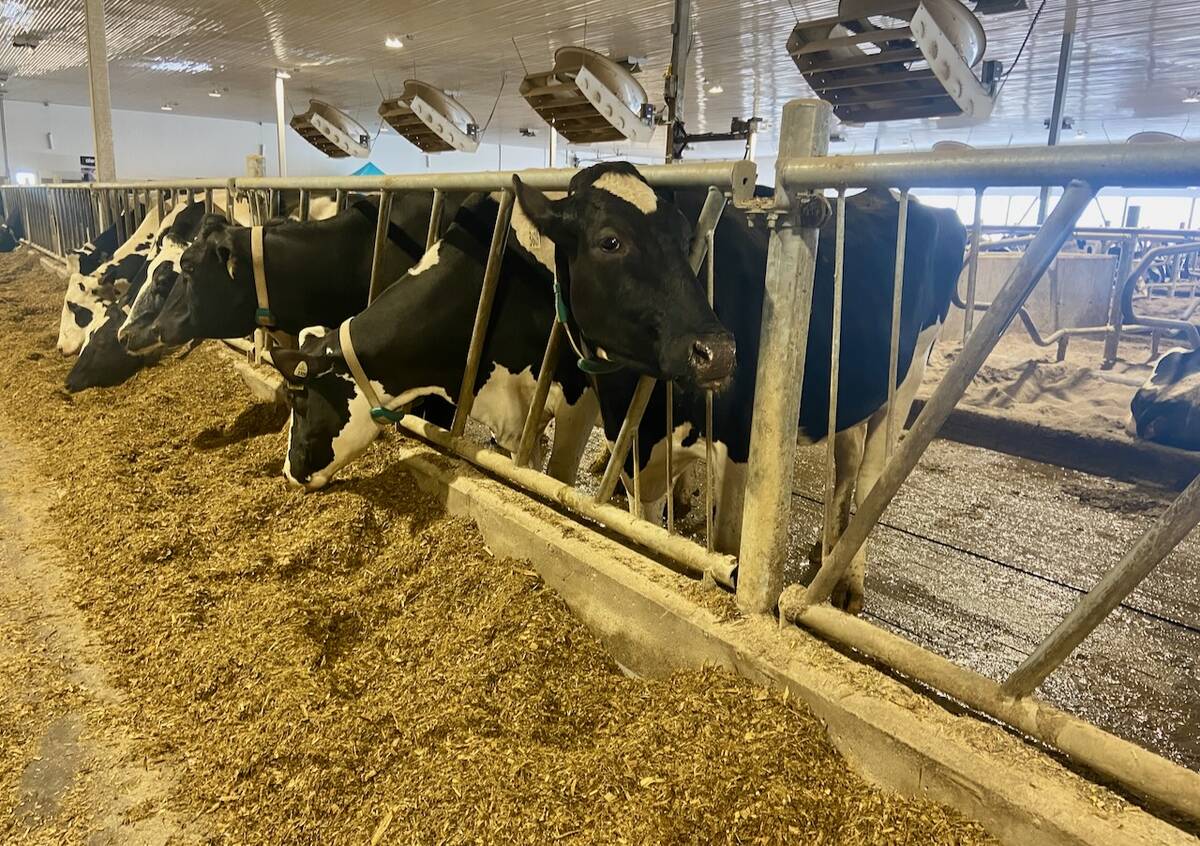EDMONTON — Alberta must return to a non-refundable beef checkoff if the industry is to thrive, says the head of Alberta Beef Producers.
The loss of checkoff money and a reduction in cattle numbers has cut the organization’s budget in half to $5 million a year, but the loss has had an even greater effect on research and promotion.
“We’ve got consensus amongst the beef organizations in the province that the current structure isn’t working,” said ABP chair Greg Bowie.
“The need for research and promotion is recognized throughout the industry, and it is a matter of acknowledging it. We’re losing too much money, and we’re going to fall back in our research and promotion efforts. If we want to maintain our status as a fairly large exporter of beef, we need to maintain that competitive advantage. Without those two key areas, we lose that. It has been shown all over the world, the countries that put the most into research and promotion are the countries that are more successful.”
Read Also

U.S. farm group supports supply management
U.S. grassroots farm advocacy group pushing new agriculture legislation that would move towards supply management like Canada has for dairy industry
ABP received 930 refund requests worth $2.5 million last year. It represents 35 percent of service charge revenue collected by the $3 per head checkoff.
Cattle producers can ask for a refund of $2 per head, while the $1 national non-refundable part of the checkoff goes for national cattle research and promotion.
Producers marketed 3.6 million cattle in Alberta last year.
The $2.5 million that was refunded, mainly to larger feedlot operators, has hurt other research and promotion projects, said Bowie.
Most producers said during a recent plan review that they want to go back to a non-refundable provincial levy with specific spending criteria, he said.
Preliminary discussions with the Alberta Cattle Feeders Association, which represents feedlot operators, have not yet convinced feedlots to leave more of their money in ABP.
“We bantered around some ideas and we have more ideas of our own,” Bowie said.
“At this stage it is still very preliminary. There are ways we feel we can keep the majority of money within industry and do it without too many people being upset.”
Bowie believes fewer refunds will be requested if there is an agreement about how the money can be spent within the cattle industry.
“We have to get that back,” he said.
“How we can do it and keep everybody happy? A lot of it will be how that money is spent.”














